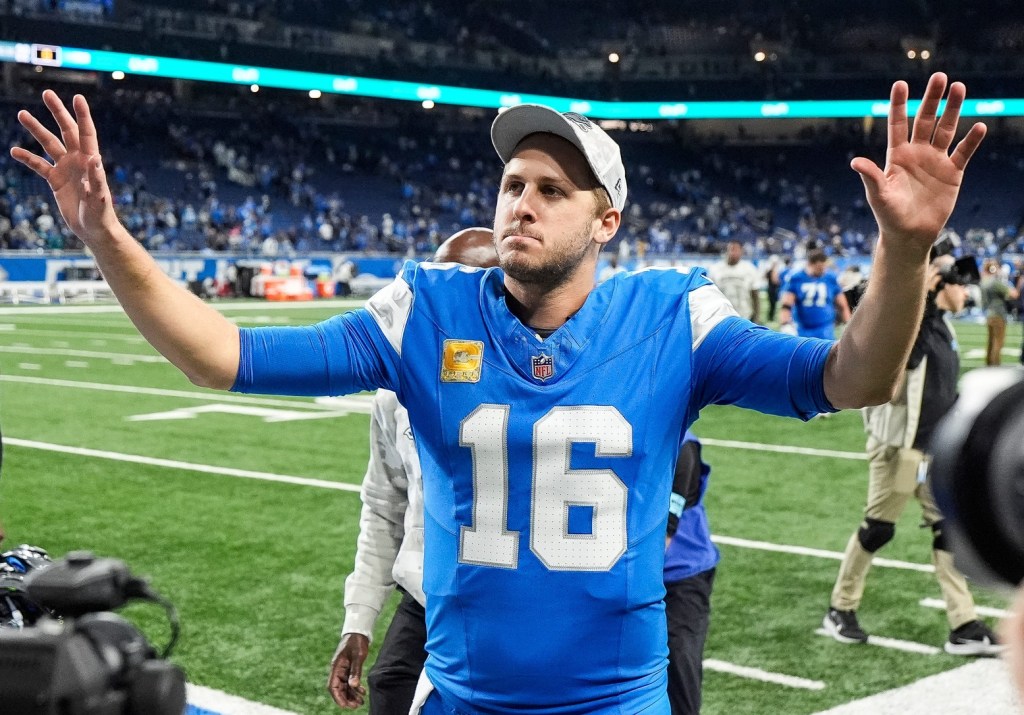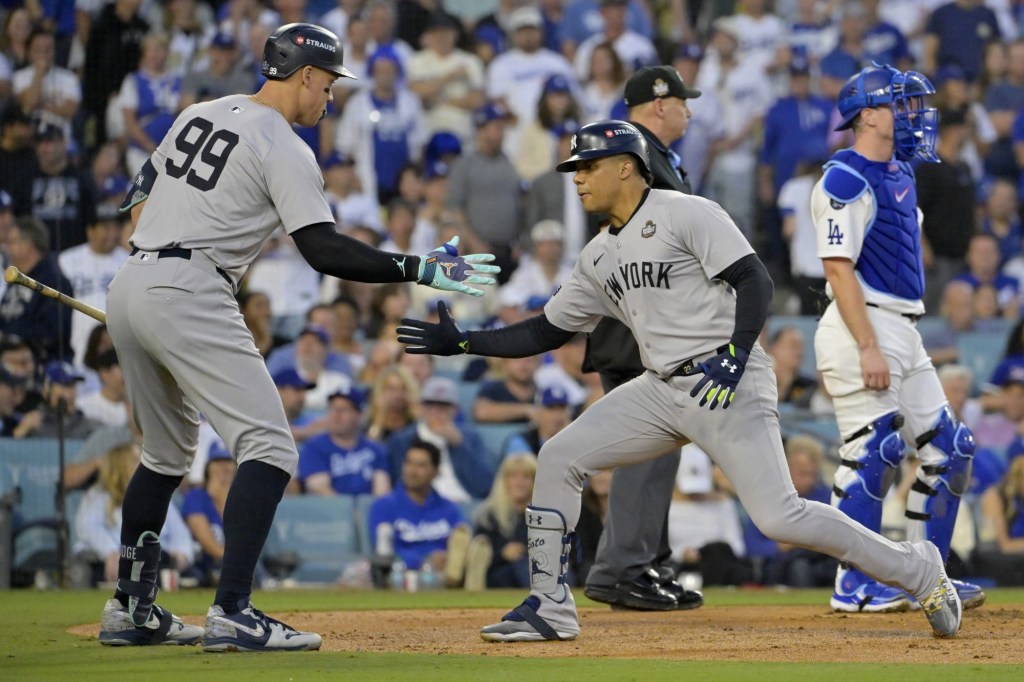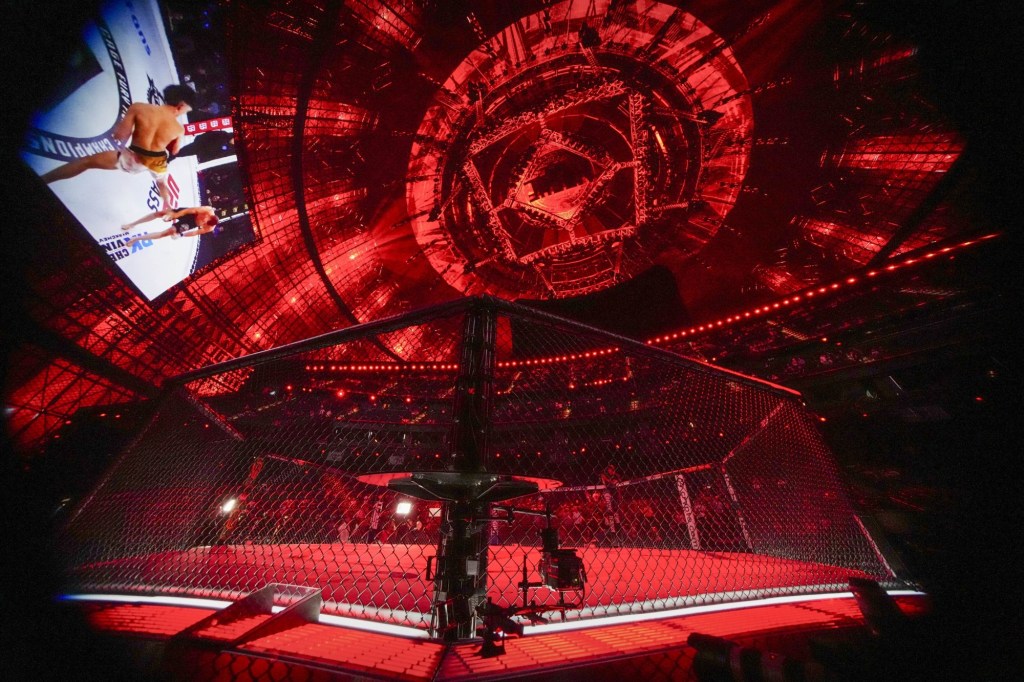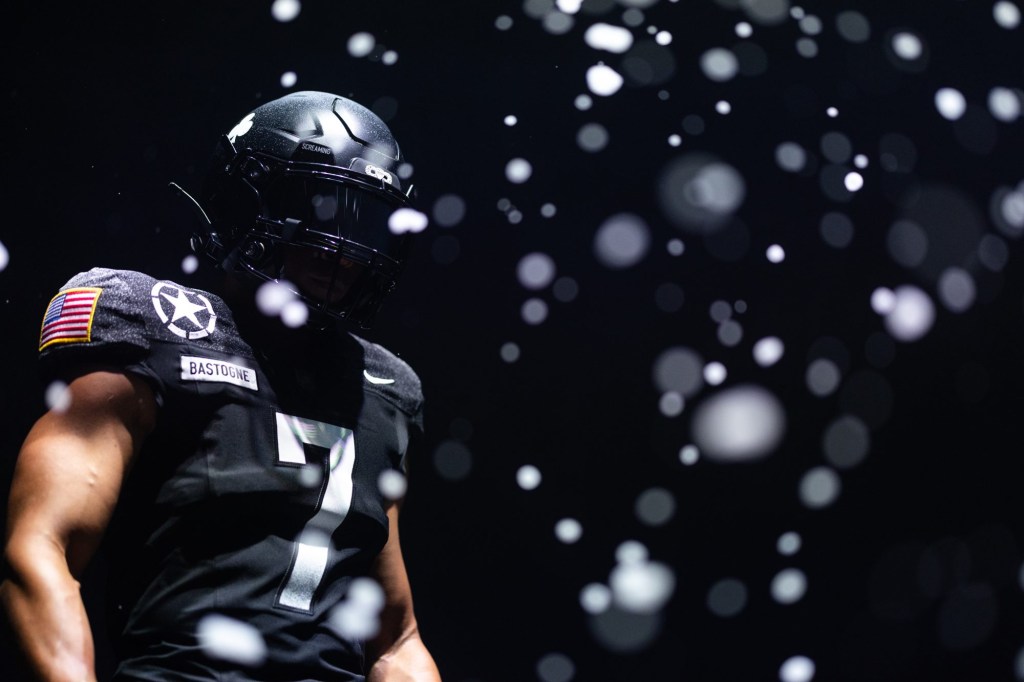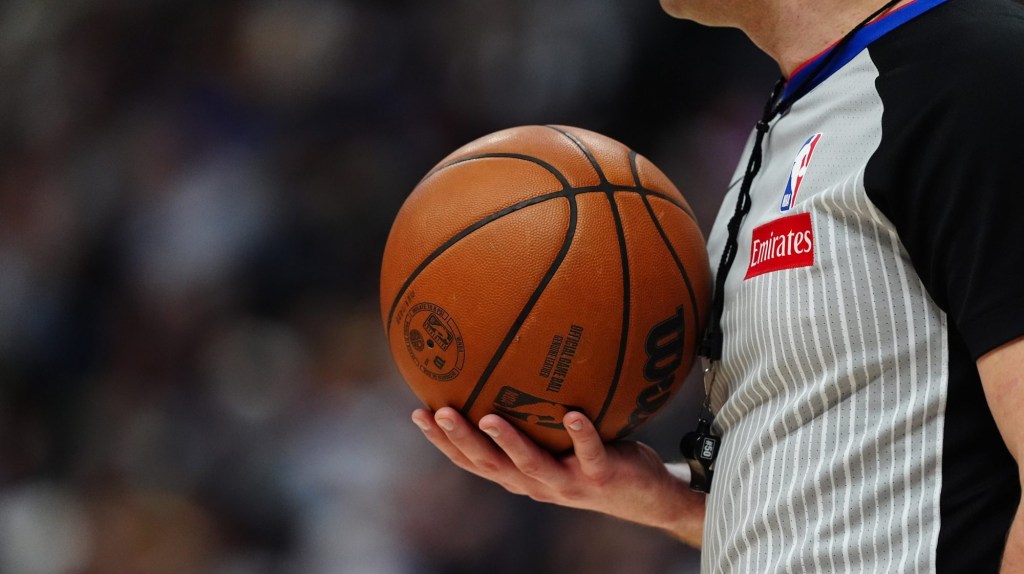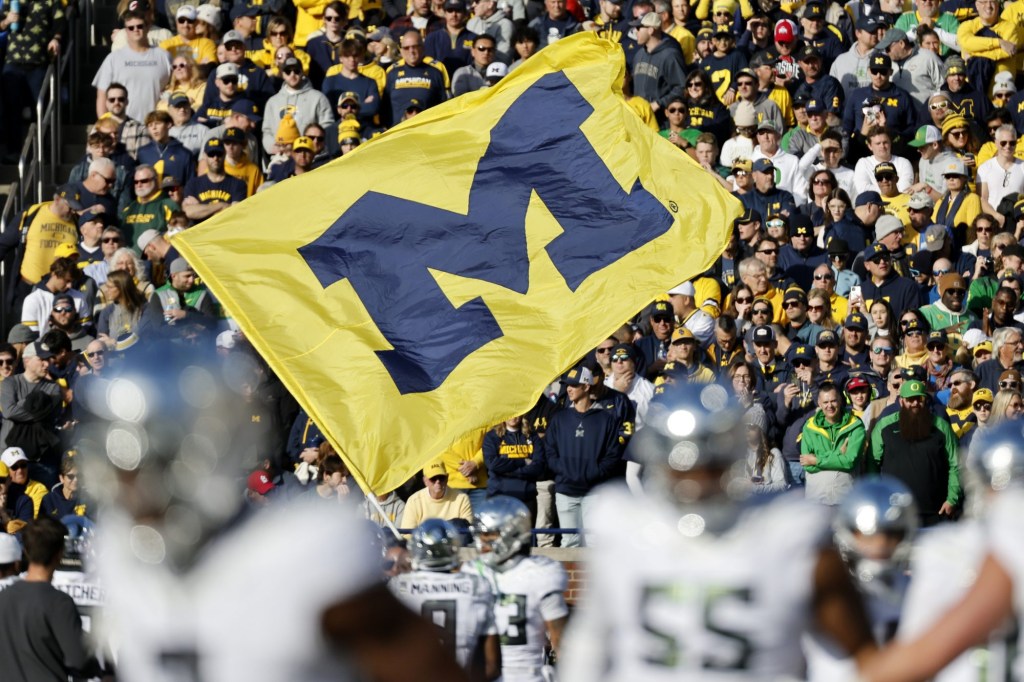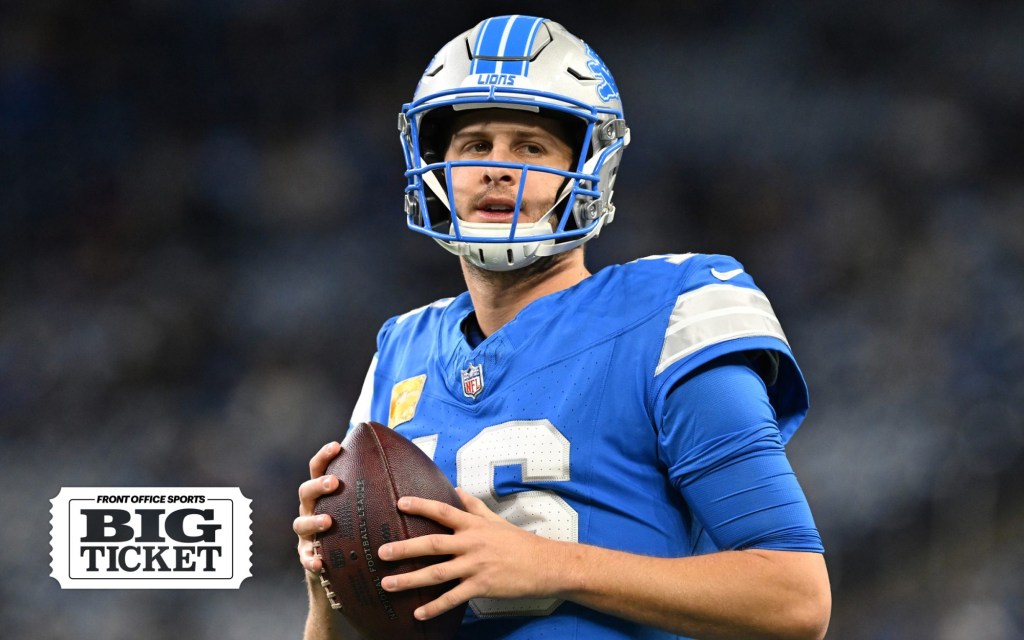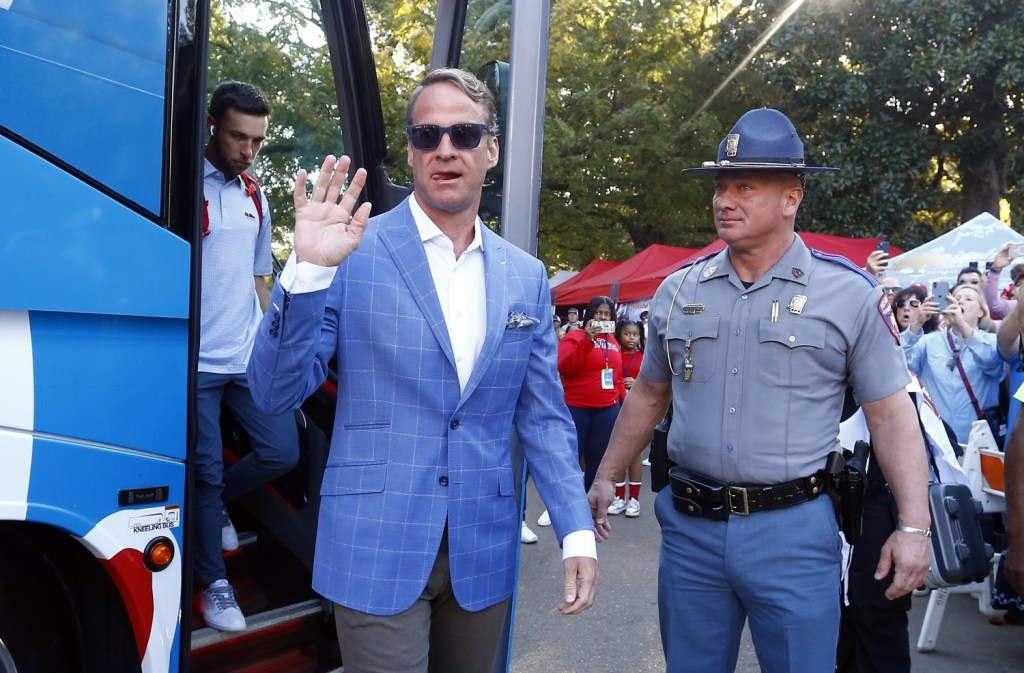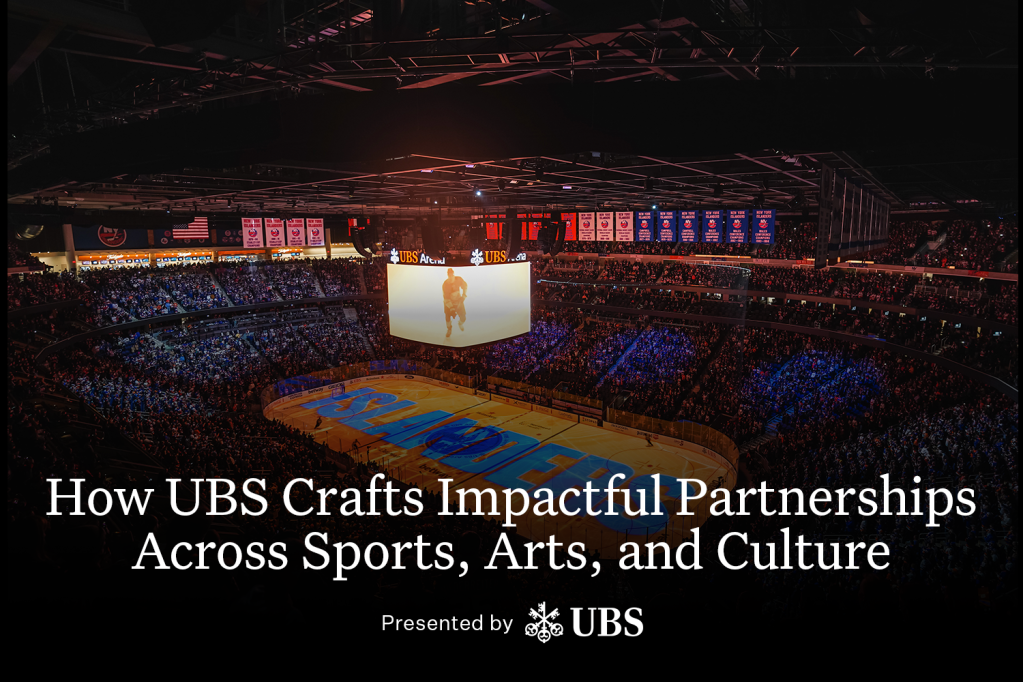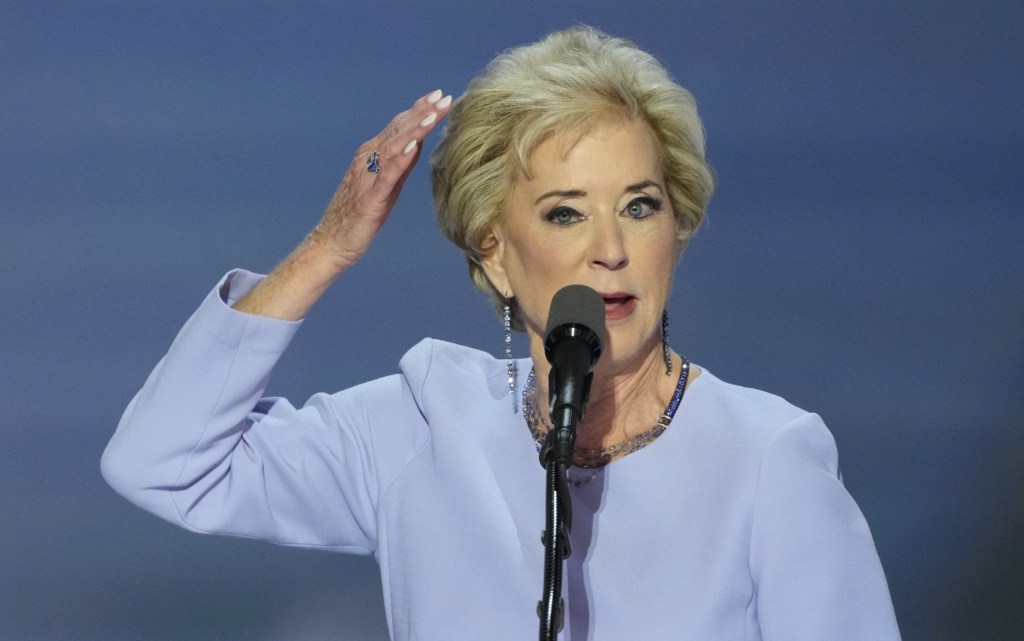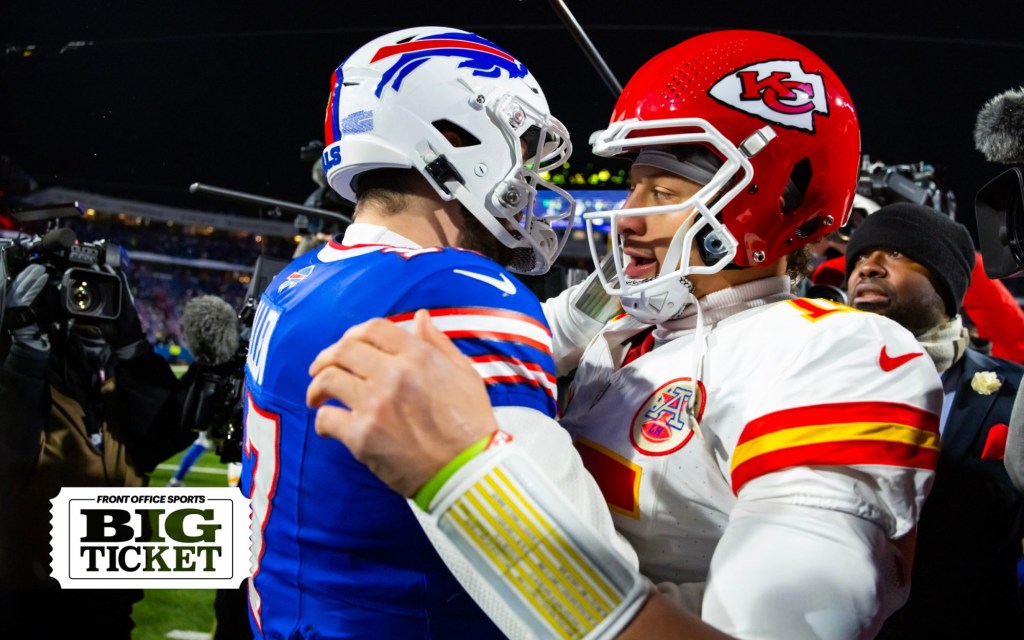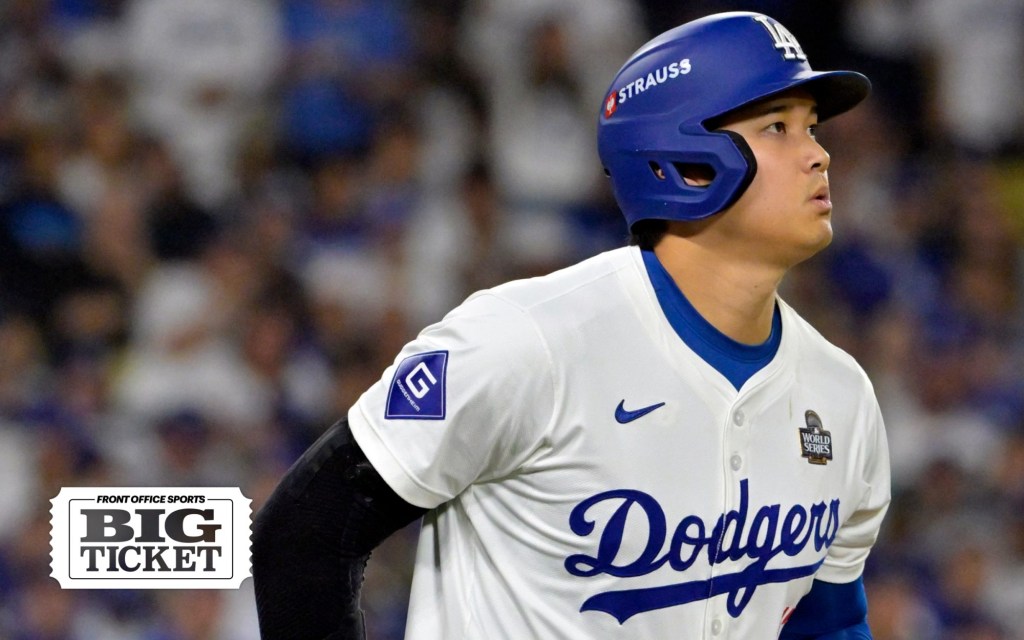By: Katie Willis, @_KatieWillis
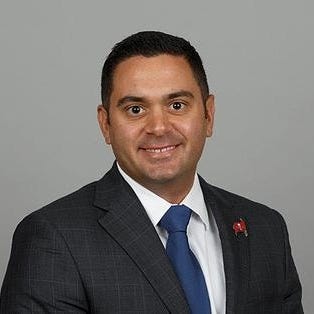
Front Office Sports is honored to have sat down with Deno Anagnost, Director of Sales for the Tampa Bay Buccaneers. Deno was kind enough to have offered his time and insight into the importance of making connections, finding out what you’re passionate about and keeping a positive attitude no matter what happens. In his current job, Deno and his staff are in charge of targeting the Tampa Bay marketplace for individuals to get the most out of their experience when they attend Buccaneers home games and off-season member events.
Once you realized sales was what you wanted to do, how did you break into the sports business industry?
“I had no idea that there were sales jobs in sports. Growing up, I had a person in my life I called my Uncle Lou. (He wasn’t technically my uncle) He always was talking about his nephew and the amazing things he was doing in the NBA. His nephew was Greg Economou. At the time, he was Chief Marketing Officer for the Charlotte Bobcats. Once I found this out, I went home and googled Charlotte Bobcats Account Executive. I couldn’t believe they had positions of that type open. I wrote him a letter and sent him a resume which resulted in a very entry-level job interview with the Vice President of Sales and Service Mike Tomon. After a couple rough interviews, I was blessed to get an opportunity in Charlotte. I ended up taking a big pay cut but I was fortunate to be a part of an amazing sales culture and amazing group. From there, I learned the best practices of the industry.”
When you look back along your journey, what was something that helped you succeed?
“My college experience helped me. I was really good at building relationships and I built a lot of good connections there that I used when I got into sales. But the best thing that happened to me was being diagnosed with Cancer back in 2006. For the first time in my life, I contemplated my own mortality and my own legacy. I knew at that moment that I didn’t ever want to put forth a mediocre effort ever again. I stopped comparing myself to others around me and started to strive for personal excellence each day. In a way, it saved my life.”
If you could go back to college and do something different, what would it be?
“If I could go back, I would have tried to take a class on professional sales. I could have learned earlier that it was something I enjoyed and I excelled at. Everyone has negative connotations about sales. People think “I could never do that.” They think it’s something way different than what it is, especially in sports. I wish I would have taken a class on professional selling to find that out sooner.”
After moving from Saginaw, MI and joining the Charlotte Bobcats sales team, what was the biggest thing you learned?
“The biggest thing I learned was that the professional standards are extremely high. When you work for a sports team, you think you work for a large corporation with thousands of employees. But in reality, it’s a small family-owned business. Sometimes things can be a little quirky like any small business. However, keeping a positive attitude when there are unexpected and unexplained changes is key. Having self-discipline is huge but, more specifically, having self-discipline about how hard you work and staying positive in the face of crazy obstacles is even more important. Every day is your interview, everything speaks. One poor judgment or interaction can hurt your personal brand for a really long time.”
How important is mentorship and who were some of your mentors?
“It’s integral to what we do. My biggest thing here in Tampa is career growth and development. A lot of the things we teach bleed into personal lives as well. I want to help people grow their revenue, their careers and enrich their lives outside of the office. Developing future leaders and getting people into their dream jobs is most important to me. There is also nothing better than helping people achieve their personal goals like buying their first car or first home. Wins like that are a part of our culture here in Tampa. People achieve goals here and it’s really special. If it’s not about growing a career or selling a ticket, we don’t have the time for it.”
“Greg Economou definitely took me under his wing and really taught me the business as well as Mike Tomon. Those people were a very integral part of my early success. As well as my managers Jake Reid, and Mark Jackson. I could rattle off lots of names. I wouldn’t be who I am if they hadn’t of given me the opportunity or cared about my development. Currently, I am getting tons of leadership training from everyone in our organization especially Ben Milsom our Chief Ticketing Officer. I think having professional mentors who have done what you want to do are key to success. They can give you the model to follow. All you need to do is copy that model, put your personal twist on it, and go execute.”
For current students that aspire to have a job similar to yours, can you share what an average day for Deno Anagnost consists of?
“One thing that is great about the sports industry in general is that no two days are alike. Each day presents different problems to solve, different personalities to manage, and new opportunities to make human connections and grow our business. I have an open door policy so our Account Executives are in and out of my office often during the day asking questions. My schedule fills up very quickly as I hold bi-monthly one-on-ones with each member of our sales team. I spend a good portion of my day coaching the blocking and tackling of our sales process. One of the most important daily activities of my job is recruiting.”
“It is very important to make the right hires so I am constantly reaching out to the future stars of this industry and other leaders of sales teams across the country trying to get the inside scoop on who those rising stars are. I also spend a lot of time working on future sales initiatives that can help us get to a complete sell out. At the end of each work day, I like to write a couple hand written thank you cards or send out some emails acknowledging others hard work — that always ends the day on a positive note.”
How did you make the most of opportunities and how did it, in the long run, fuel what you were really passionate about?
“Getting out of school, you need to have experience. What you think you want to do might not be what you really want to do. I wanted to be in sponsorship sales. My inside sales manager told me, to get there you’re going to have to sell high dollar-premium inventory. I received opportunities to help train entry-level sales people because I was making those types of sales. Observing someone repeat word for word what I taught them and have it work lit a fire under me and that was better than any sale I ever made. Helping someone else succeed fulfilled me more than anything else I had ever done to that point. I decided then that I was better suited to be a manager than someone who was directly selling to customers all the time.”
What advice do you have about networking and creating relationships with professionals in the sports industry?
“Reach out to people who are doing the job you eventually want to do. If you want to be the Director of Sales of an NFL team. Shoot them an email or a note on LinkedIn asking for 15 minutes of their time to have an informational interview. It’s a great way to grow your network and your personal brand. It automatically puts you on someone’s radar for a position that may be opening up any day now. Most people will take the time to chat with you and help if you go about the right way.”
Any parting advice or wisdom to share with Front Office Sports readers:
“In a nutshell, be open-minded about where your career is going to go. The experiences you have are going to open your eyes to things you might not have thought possible or jobs you could be really great at doing.”
“The way you do anything is the way you do everything. It all bleeds together. The way you manage your personal life can easily bleed into your professional life.”
“People want to break in and get their foot in the door is the worst thing someone can say on a sales interview. At the end of the day, the sparkle of working in sports wears off and the jobs are very tough. Go for the job in the department that you want to be in regardless if it’s in sports or not. Don’t just interview for anything you can to get within a sports team. I have seen people fail because they are in a position that they don’t want to be in. In this type of competitive environment, that often leads to failure.”
We would like to thank Deno for his time and insight! We wish him the best in all his future endeavors!
You can follow him on Twitter here or connect with him on LinkedIn here!
